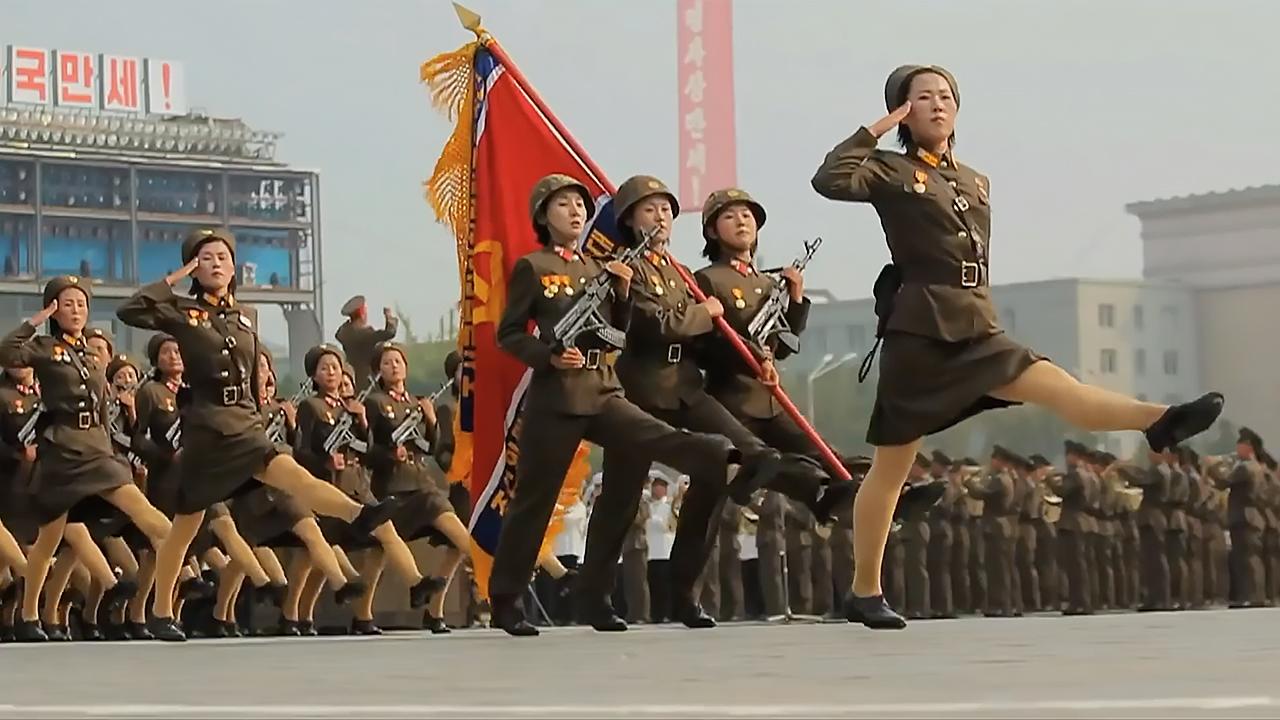Marek Edelman…And There Was Love in the Ghetto
(Poland, 79 min.)
Dir. Jolanta Dylewska
Programme: International Spectrum (World Premiere)
If making out during Schindler’s List is your game, and I hope it’s not, then Marek Edelman is the film for you. Never has a Holocaust documentary featured such detailed attention to wartime bosoms. This film is unequivocally the biggest jaw-dropper of a disappointment at Hot Docs this year.
The focus of Marek Edelman…And There Was Love in the Ghetto simply feels disrespectful even if the final title cards explain how Marek Edelman, leader of the Warsaw Ghetto Uprising, had seen too much horror in his lifetime and only wanted to focus on love in the interview he gave to Jolanta Dylewska before passing away in 2009. At the very least, this film seems like a missed opportunity, particularly since it features two of the most significant filmmakers ever to emerge from Poland, Agnieszka Holland and the late Andrzej Wajda, as part of the production. (Wajda directed much of the dramatic portion before his death in 2016, while Holland wrote the dramatic scenes.)
Admittedly, the portions by Wajda and Holland are actually pretty good as dramatic episodes that visually interpret Edelman’s interview, allowing one to verify that the breasts of which he speaks are as real and spectacular as he recalls. At the same time, it’s a bit disheartening that Edelman can’t remember what happened with the resistance when he has enough recall to draw from memory some boobs he saw 70 years ago. The film proves frustrating as Edelman recounts his memories through icky male gaze remembrances, describing the women who made an impression on him during the war, yet often relegating them to sexual objects.
Moreover, the doc-drama hybrid, beautifully shot as it is, doesn’t live up to the recent theatrical release The Invisibles, which similarly combined survivor interviews with dramatic episodes compensating for the absence of images from the era. The Invisibles is a strong film because it intimately links the personal and the political, whereas Edelman simply doesn’t want to talk about the war, thus making his experience better served by a book or a previously published interview. There’s plenty of romance in The Invisibles, too, but the film also situates the possibilities of love within the greater mechanisms of survival and tragedy entailed within the Holocaust.
Most significantly, the emphasis on sowing wild oats affords little sense of what Edelman actually did during the war. The film relies too heavily on the title cards that bookend the film and Edelman is admittedly an uncooperative interviewee. His stories make little sense and it’s often hard to decipher his relationship to the characters he describes: are they his friends or stand-ins for himself? One appreciates that focusing on love may have been an essential survival mechanism, but the way that the film so incessantly limits the talk to sex makes one feel as if necking while Oskar Schindler saves lives is perfectly kosher. Paging Jerry Seinfeld!
Marek Edelman…And There Was Love in the Ghetto screens:
-Mon, Apr. 29 at 6:30 p.m. at TIFF Lightbox
-Wed, May 1 at 12:30 p.m. at Hart House
-Sat, May 4 at 3:15 p.m. at Cineplex Scotiabank











